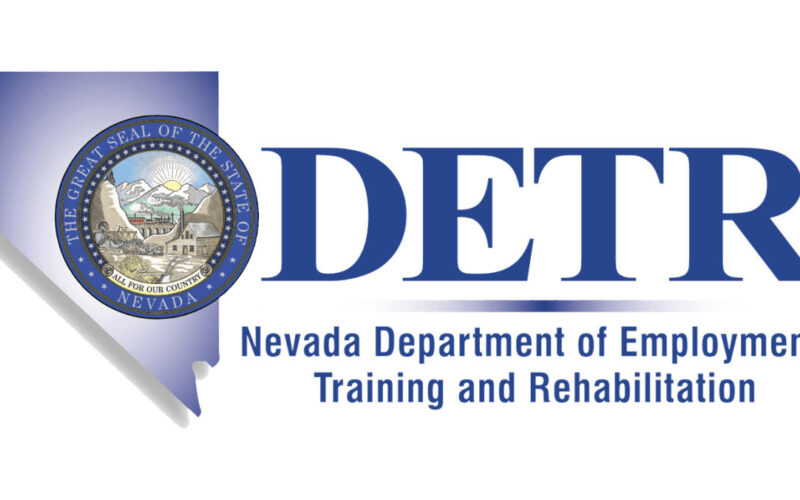Nevada has a new helper in its quest to plow through a backlog of unemployment claims: Google AI. Gizmodo reports that the initiative will task one of the company’s cloud-based AI models with analyzing appeals hearing transcripts and suggesting whether cases should be approved. Welcome to the future, where a robot weighs in on whether you get the government money you requested.
The Nevada Independent wrote in June that the AI model, trained on the state’s unemployment law and policies, will analyze transcripts of virtual appeals hearings. It will then spit out a ruling, which a state employee will review for mistakes and decide whether to honor.
It replaces the current Nevada Department of Employment, Training and Rehabilitation (DETR) process, which averages three hours for a real-life human to complete. Carl Stanfield, DETR’s IT administrator, told the Nevada Independent that Google’s AI (which uses the company’s Vertex cloud system) can rule within five minutes. “The time saving is pretty phenomenal,” Stanfield said.
It’s easy to understand why Nevada would be eager to lean on the emerging tech. As recently as June, the state reportedly had a backlog of over 10,000 unprocessed appeals, about 1,500 of which were left over from the pandemic. And if the tech’s reviews are accurate — or the human reviewers catch its mistakes — it could be an enormous timesaver.
However, there could be psychological pressure for the employees reviewing the cases to rubber-stamp the AI’s conclusions. “If a robot’s just handed you a recommendation and you just have to check a box and there’s pressure to clear out a backlog, that’s a little bit concerning,” Michele Evermore, a former deputy director for unemployment modernization policy at the Department of Labor, told Gizmodo.
Stanfield told Gizmodo that a governance committee will meet weekly while the state is fine-tuning the model and quarterly after it goes live to monitor for hallucinations and bias. The stakes could be high for claimants as the AI-powered system could affect their ability to appeal bogus decisions. “In cases that involve questions of fact, the district court cannot substitute its own judgment for the judgment of the appeal referee,” Elizabeth Carmona, a senior attorney with Nevada Legal Services, told Gizmodo. In other words, if the human reviewing the decision misses the AI’s mistakes, a court may not have the legal standing to overturn it.
One Nevada politician put it a bit more bluntly. “Are we out of our ever-loving minds?” NV state senator Skip Daly (D-Reno) said to the Nevada Independent this summer. “I’m just dubious of the whole concept of overreliance on algorithms and computers. I hope that we are cautious about it, and think before we just say, ‘We got to be faster or better than the next guy.’”
Source link
lol

